Faculty Research
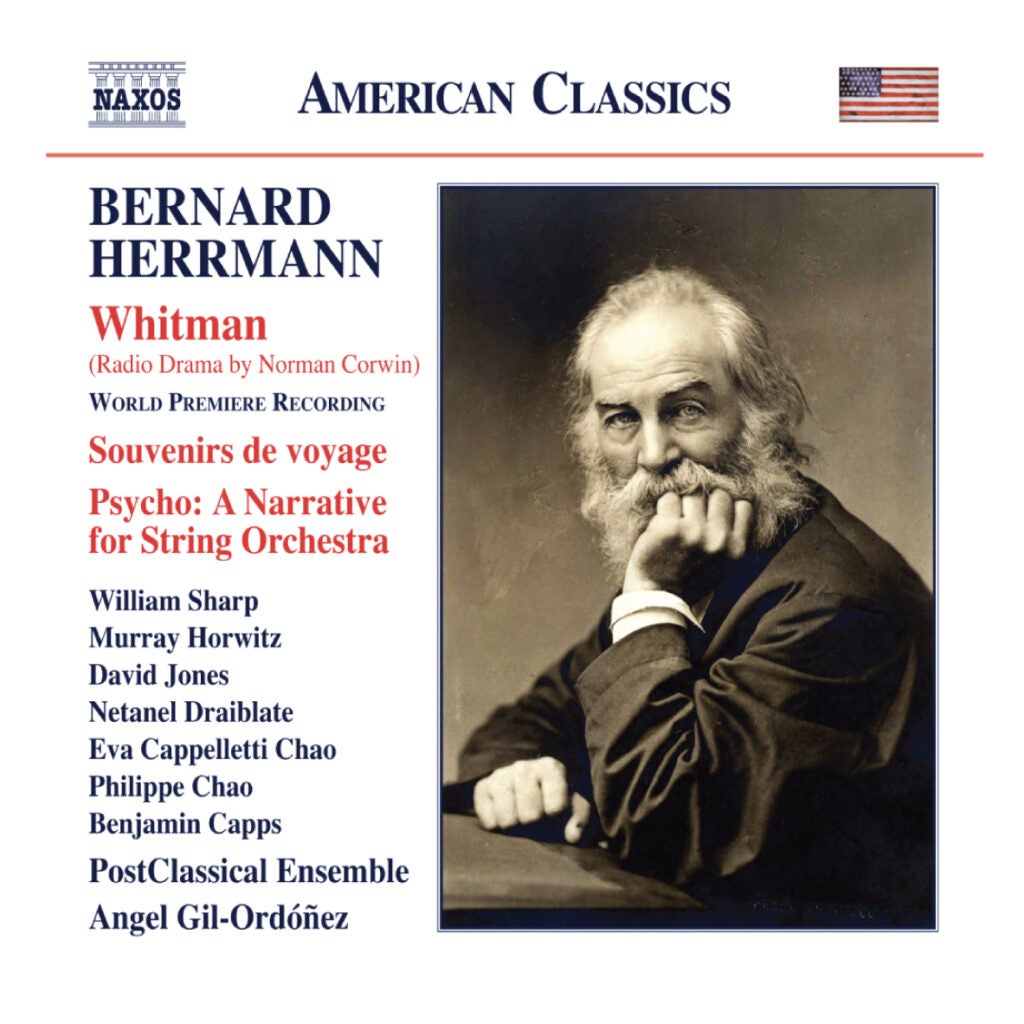
Bernard Herrmann: Whitman
Naxos (Oct. 9, 2020)
Prof. Angel Gil-Ordóñez conducts the PostClassical Ensemble on this Naxos CD featuring the works of Bernard Herrmann. Famous for his film scores, Herrmann was also a leading figure in music for radio, and this album includes “Whitman,” a 1944 radio play based on poet Walt Whitman’s collection Leaves Of Grass; the chamber work Souvenirs de voyage; and Psycho: A Narrative for String Orchestra, a concert work, re-ordered and re-composed from his famous film score for the movie Psycho.
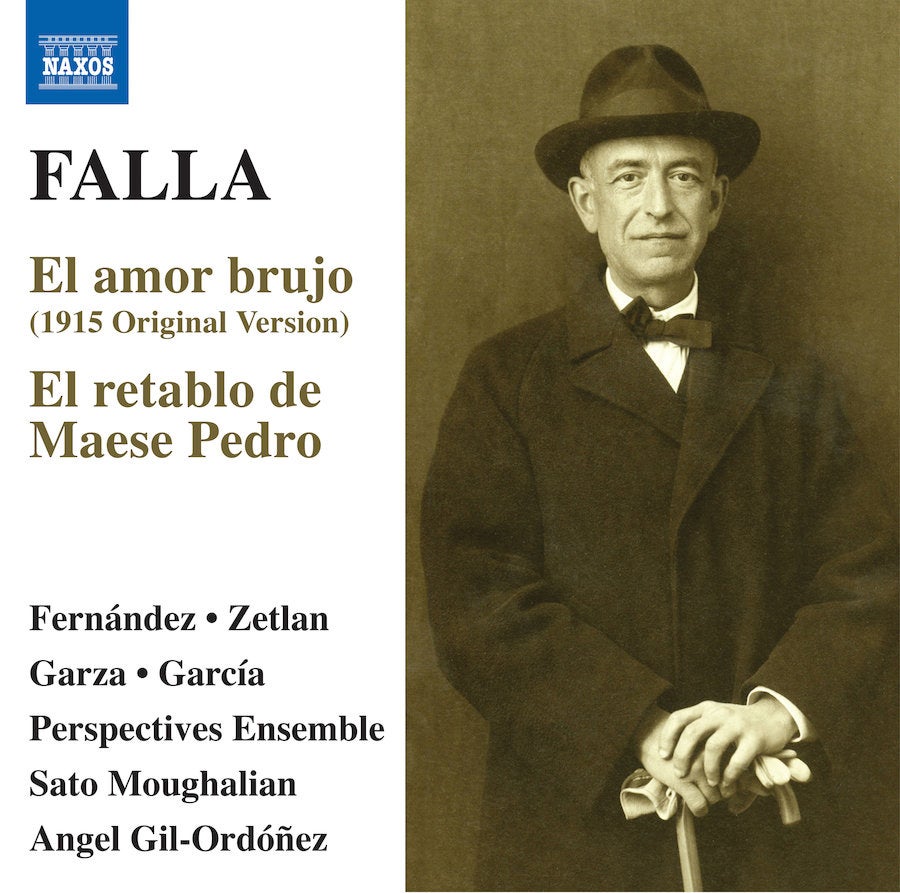
Falla: El amor brujo (1915 original version); El retablo de Maese Pedro
Naxos (May 10, 2019)
Professor Gil-Ordóñez conducts the Perspectives Ensemble in this recording of works by Manuel de Falla, renowned as the greatest Spanish composer of the early 20th century, melding diverse stylistic, folk or literary influences into distinctive new musical languages and forging masterworks that have become cultural emblems of his homeland.
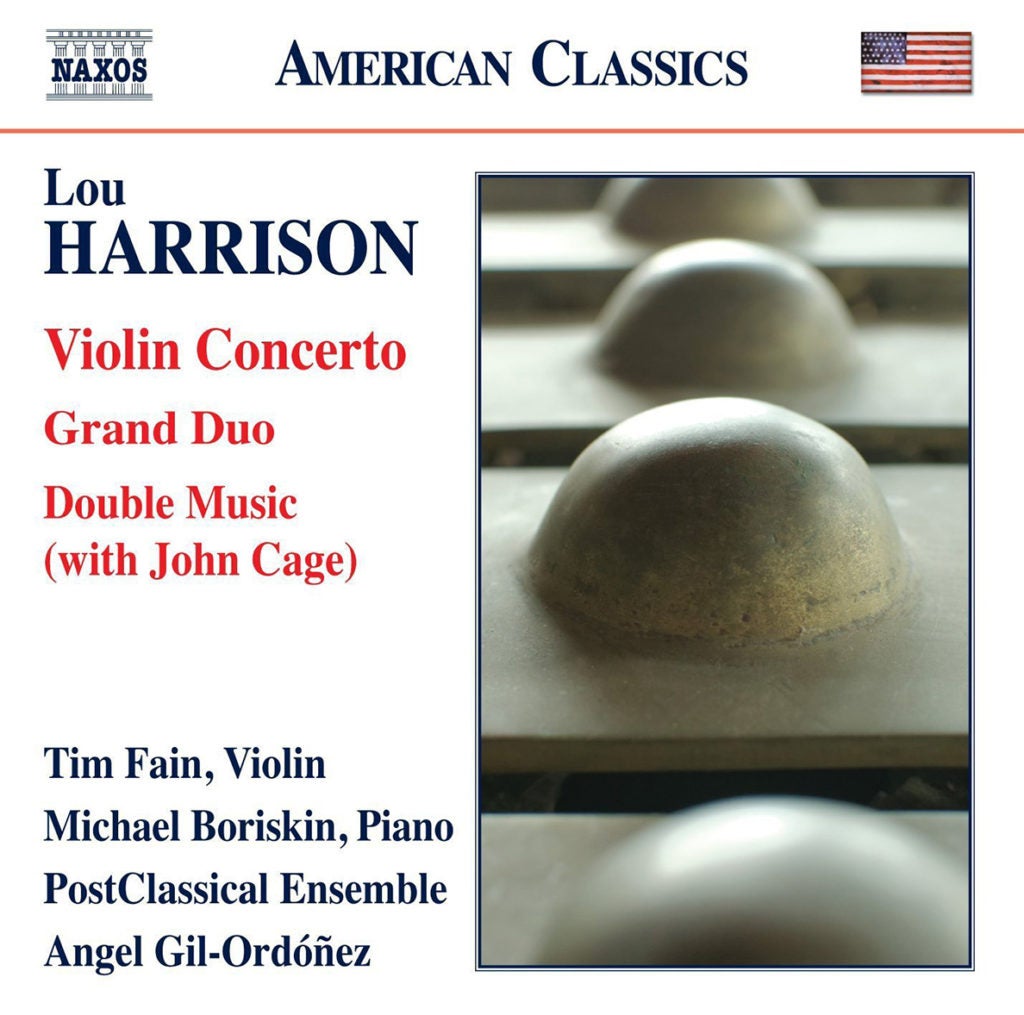
Lou Harrison: Violin Concerto; Grand Duo; Double Music (with John Cage)
Naxos (April 13, 2017)
“Three intriguingly special works, extremely well served by the performers. The recording is altogether first class and one superb homage to Lou Harrison for his 100th birthday.” – Remy Franck, Pizzicato
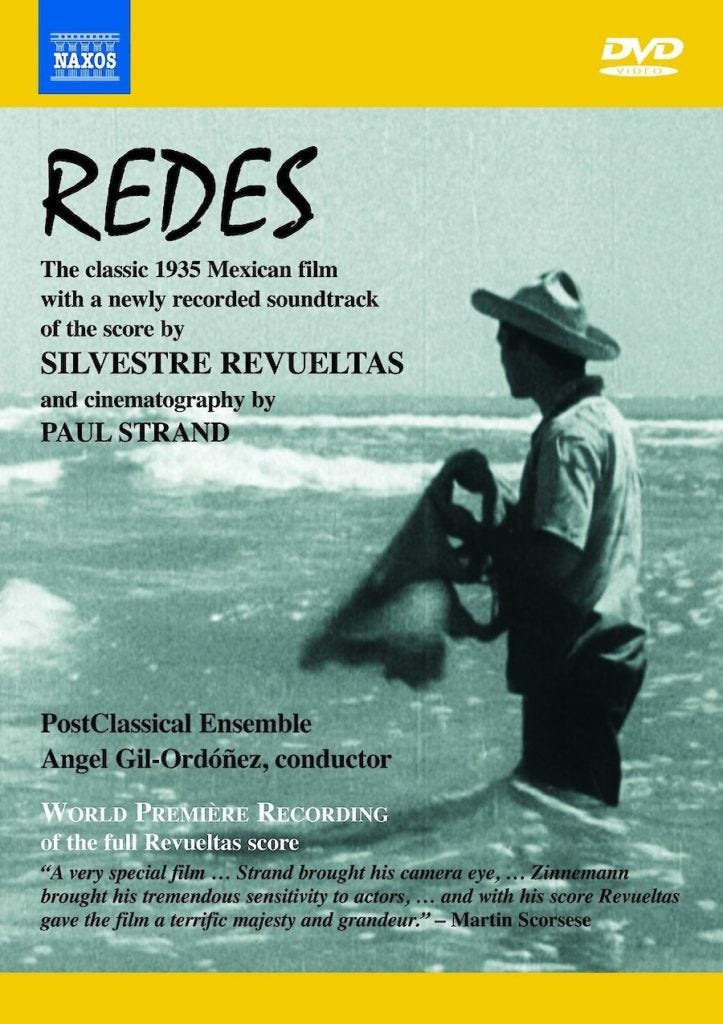
Redes
Naxos (April 29, 2016)
Prof. Angel Gil-Ordòñez conducts a 50-piece orchestra performing the score to Mexican film classic Redes, a 1936 film about a small fishing village and its struggle to make ends meet. Redes is an early example of the Golden Age of Mexican cinema. The 2016 world premiere recording of Silvestre Revuelta’s original score for the film is performed by the PostClassical Ensemble, led by Gil-Ordòñez.
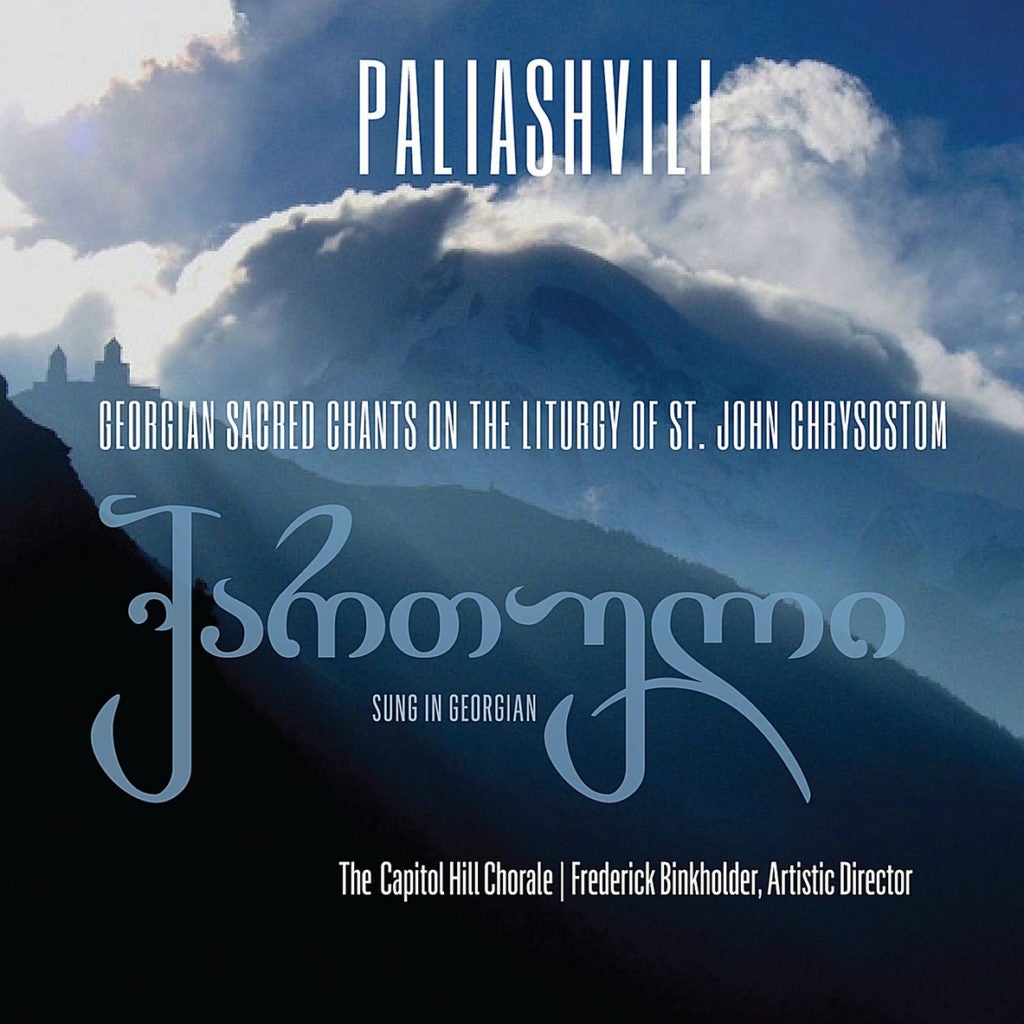
Paliashvili: Georgian Sacred Chants On the Liturgy of St. John Chrysostom
Capitol Hill Chorale (October 3, 2014)
Prof. Frederick A. Binkholder conducts the 100-voice Capitol Hill Chorale performing the Liturgy of St John Chrysostom set to music by Zakaria Paliashvili. This impressive example of Orthodox liturgical singing is the first done in Paliashvili’s native Georgian language.
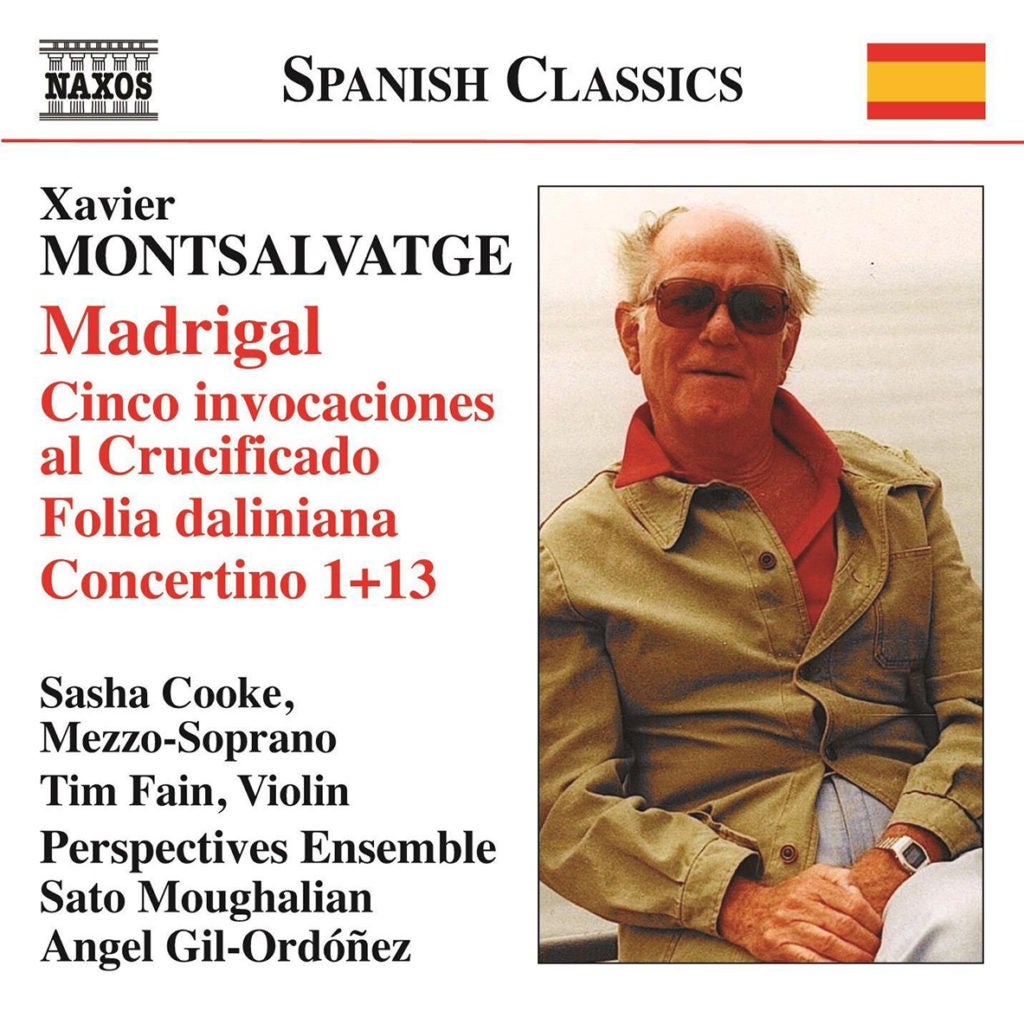
Madrigal; Cinco Invocaciones al Crucificado; Folia Daliniana; Concertino 1+13
Naxos (December 10, 2013)
“The Spanish composer Xavier Montsalvatge is no household name, but you couldn’t ask for a better introduction to his elegant, refined and piquant oeuvre than this vibrant collection by New York City’s Perspectives Ensemble.” – Smith, The New York Times
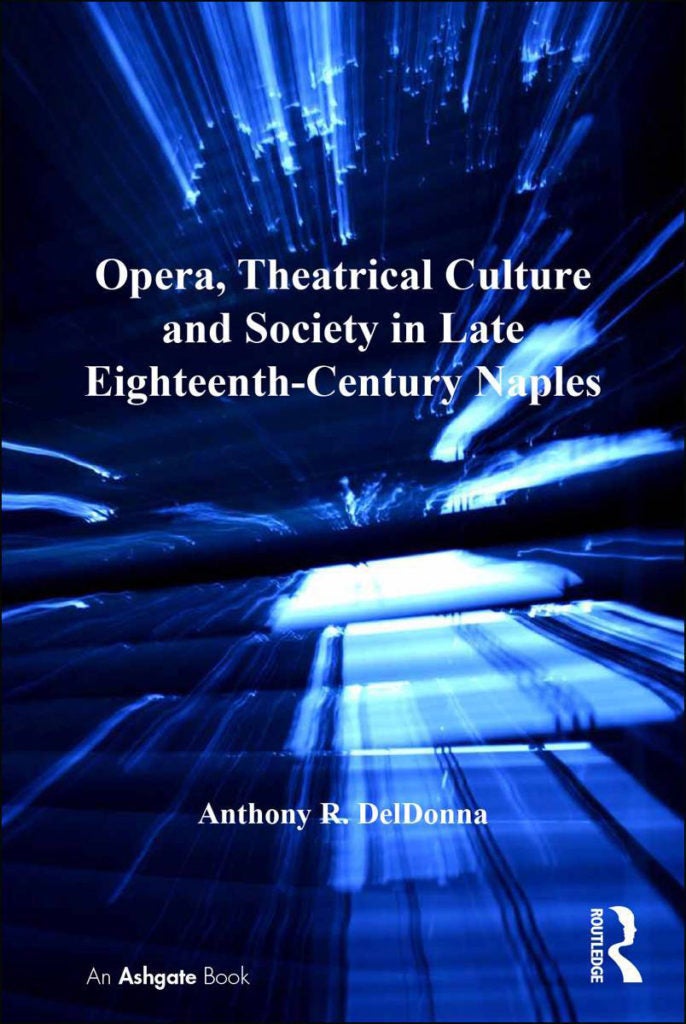
Opera, Theatrical Culture and Society in Late Eighteenth-Century Naples
Ashgate Publishing Limited (November 1, 2012)
In the late eighteenth century, Neapolitan opera became Naples’ greatest export to the rest of Italy and Europe. Prof. Anthony R. Deldonna examines how opera and stage theatrics of the time responded to the shifting cultural, political and social dynamics. “DelDonna provides insight into the most delicate phase of the golden age of Neapolitan theatre,” writes a reviewer in Fontes Artis Musicae.
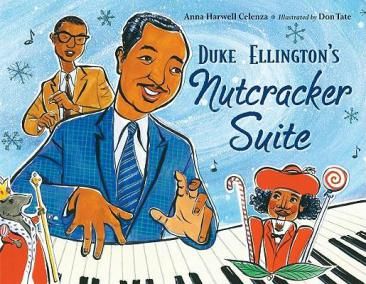
Duke Ellington’s Nutcracker Suite
Charlesbridge; Rei/Com edition (July 1, 2011)
An upbeat Christmas book about breaking boundaries and experimenting with new ideas. Includes a recording of Ellington’s suite. (Publishers Weekly). The Nutcracker Suite has never been so hip!
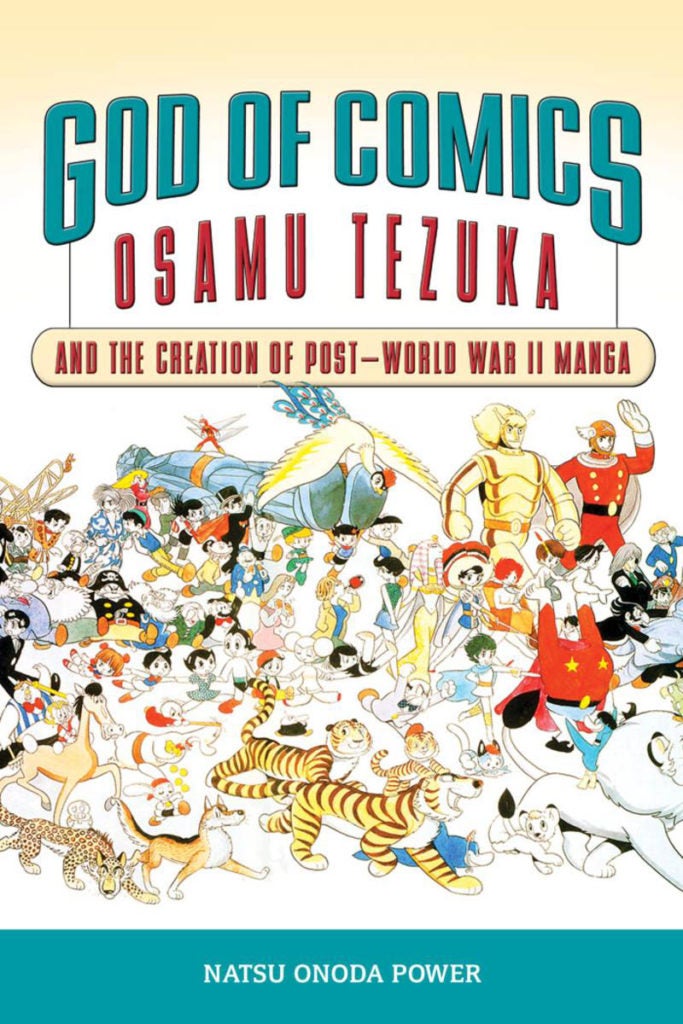
God of Comics: Osamu Tezuka and the Creation of Post-World War II Manga
University Press of Mississippi (May 14, 2009)
Cartoonist Osamu Tezuka (1928-1989) is the single most important figure in Japanese post-World War II comics. During his four-decade career, Tezuka published more than 150,000 pages of comics, produced animation films, wrote essays and short fiction, and earned a Ph.D. in medicine. God of Comics by Prof. Natsu Onoda Power chronicles Tezuka’s life and works, placing his creations both in the cultural climate and in the history of Japanese comics.God of Comics includes close analysis of Tezuka’s lesser-known works, many of which have never been translated into English. It offers one of the first in-depth studies of Tezuka’s oeuvre to be published in English.
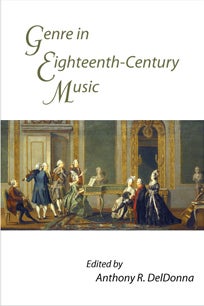
Genre in Eighteenth-Century Music
Steglein Publishing Inc (June 1, 2008)
Prof. Anthony R. DelDonna is a contributor to this collection of papers presented at the second biennial conference of the Society for Eighteenth-Century Music, Apr. 21-23, 2006, Williamsburg, Va, where he presented Domesticating opera : John Walsh and his editions of “Symphonies or instrumental parts.
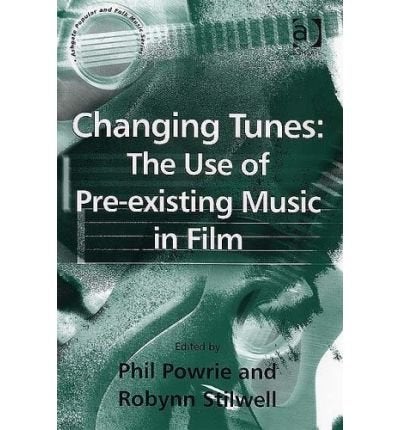
Changing Tunes: The Use of Pre-existing Music in Film
Ashgate Publishing Limited (November 1, 2007)
This anthology explores the broad range of pre-existing film music in 12 focused case studies. The first section of the collection examines instrumental and operatic art music and the second section is dedicated to the use of popular music in film. The cases demonstrate that pre-existing music is a clear aesthetic choice that cuts across genres and styles.
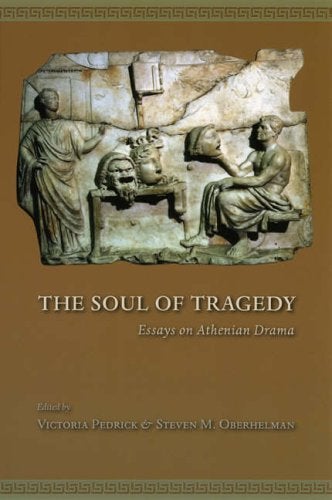
The Soul of Tragedy: Essays on Athenian Drama
The University of Chicago Press (January 16, 2006)
Co-edited by Prof. Victoria Pedrick, The Soul of Tragedy brings together top scholars to offer a wide range of perspectives on Greek tragedy. The collection pays homage to this ancient, enduring theatrical and literary genre by offering a deep exploration into the oldest form of dramatic expression.
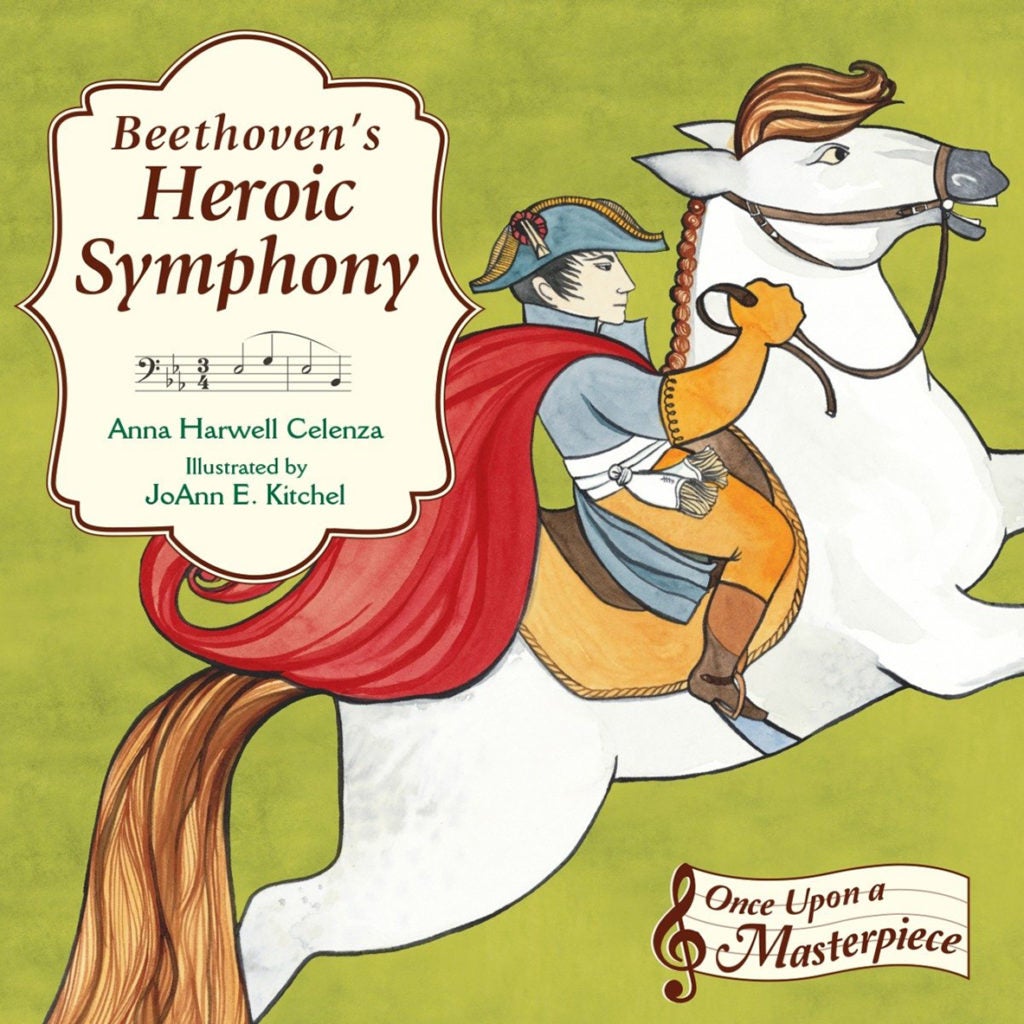
Beethoven’s Heroic Symphony
Charlesbridge (February 1, 2004)
As told in Prof. Anna Harwell Celenza’s book, children’s book, when Beethoven learns he is going deaf, he is determined to write a great symphony. As war rages in Europe he thinks he has found his inspiration in the heroic deeds of Napoleon. But has he?
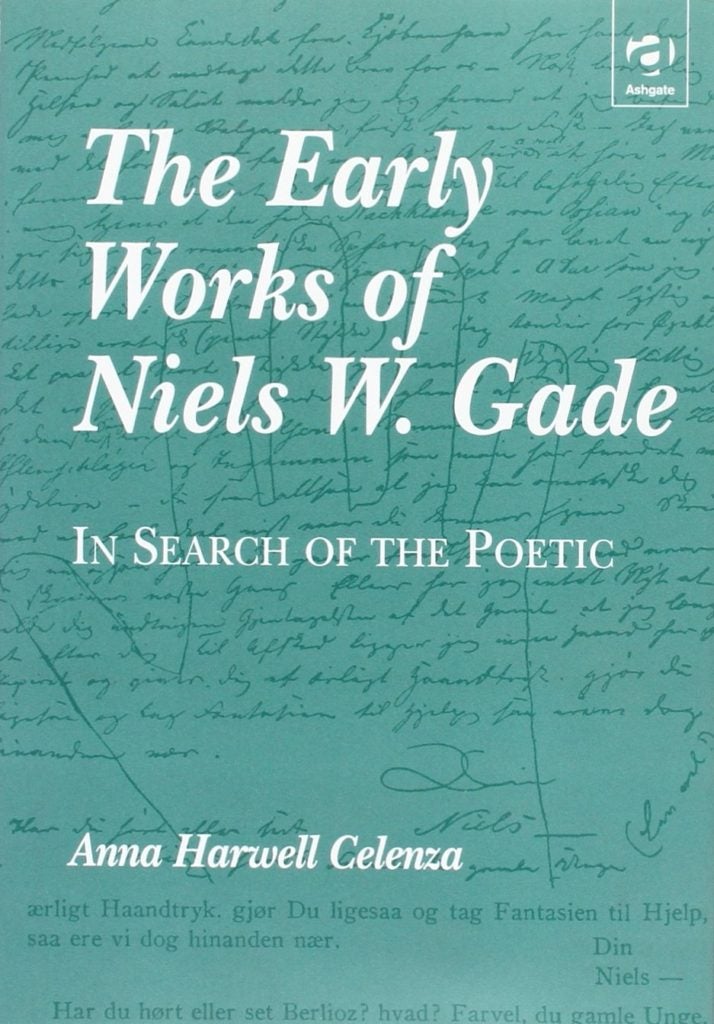
The Early Works of Niels W. Gade
Ashgate Publishing Limited (November 1, 2001)
Niels W. Gade (1817-1890) was an influential musical figure in 19th century Denmark. This work by Prof. Anna Harwell Celenza presents an in-depth study in English of Gade’s life and works. It describes the evolution of Gade’s compositional style as reflected in his early orchestral and chamber works and re-evaluates his role as a nationalist composer. It investigates Gade’s literary and musical roots, and studies Gade’s “search for the poetic” by presenting descriptions of seven works represented in Gade’s compositional diary.
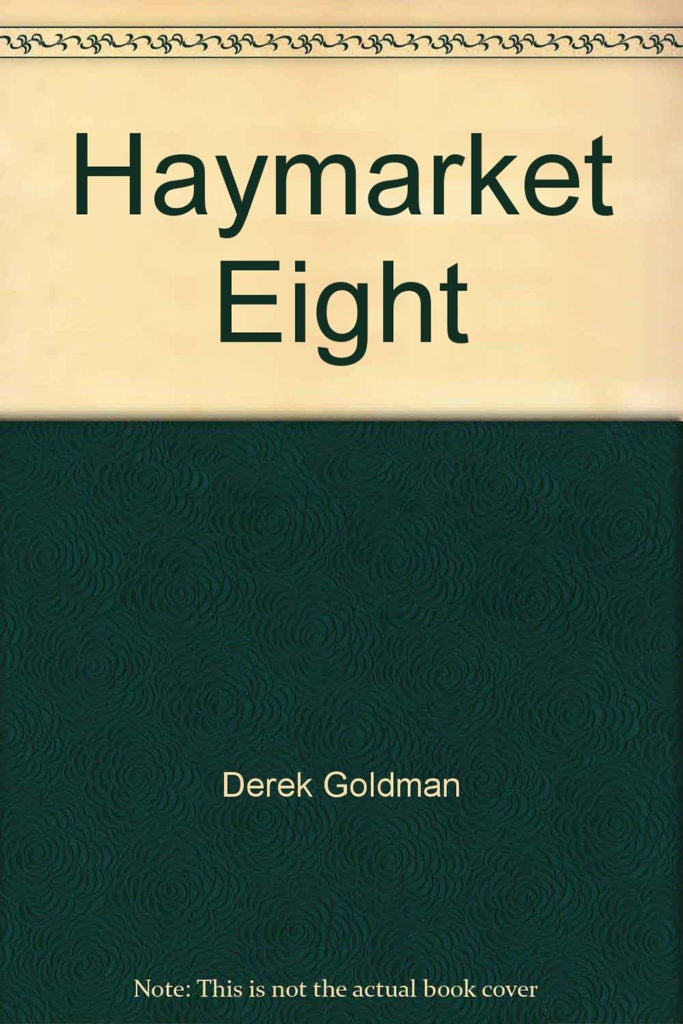
Haymarket Eight
Samuel French Inc (January 1, 2000)
Steppenwolf Theatre Company staged this play as part of its Chicago Stories Series to great acclaim. During the mid-1800’s, unfair and dangerous work conditions sparked labor struggles and Chicago was ablaze. The Haymarket Riot and the subsequential trial was the focus of the nation. With this tumultuous period blazing around them, a young couple dares to fall in love. But the infamous bombing at a labor rally in Haymarket Square forces the reporter to investigate the wrongfully convicted bombers. The lives of eight men are in the balance and this reporter puts his life on the line to try and clear their names.
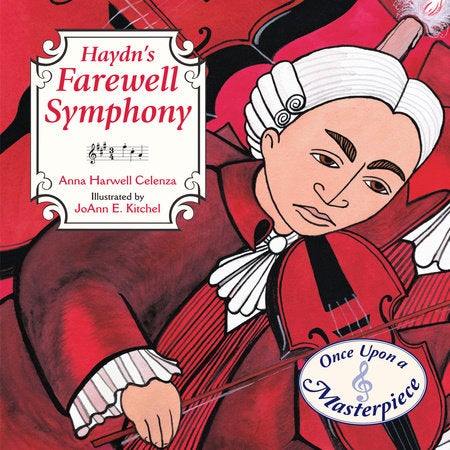
Haydn’s Farewell Symphony
Charlesbridge Publishing (April 12, 2016)
A fictionalized telling of the true story behind Haydn’s Farewell Symphony brings to life the long summer Haydn and his musicians spent at Esterhaza, the summer palace of Prince Nicholas of Esterhazy. When the musicians become homesick they devise a way to convince the prince it’s time to go home.
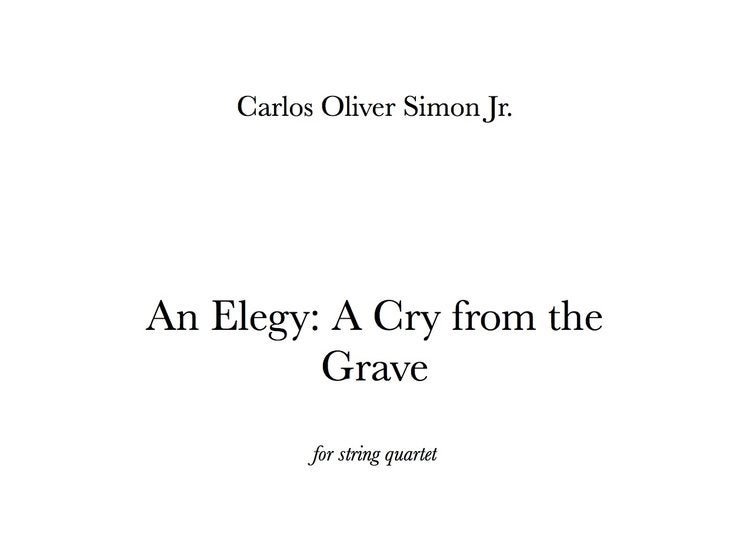
Elegy: A Cry from the Grave
This piece is an artistic reflection dedicated to those who have been murdered wrongfully by an oppressive power; namely Trayvon Martin, Eric Garner and Michael Brown. The stimulus for this composing piece came as a result of prosecuting attorney Robert McCulloch announcing that a selected jury had decided not to indict police officer, Daren Wilson after fatally shooting an unarmed teenager, Michael Brown in Ferguson, Missouri.
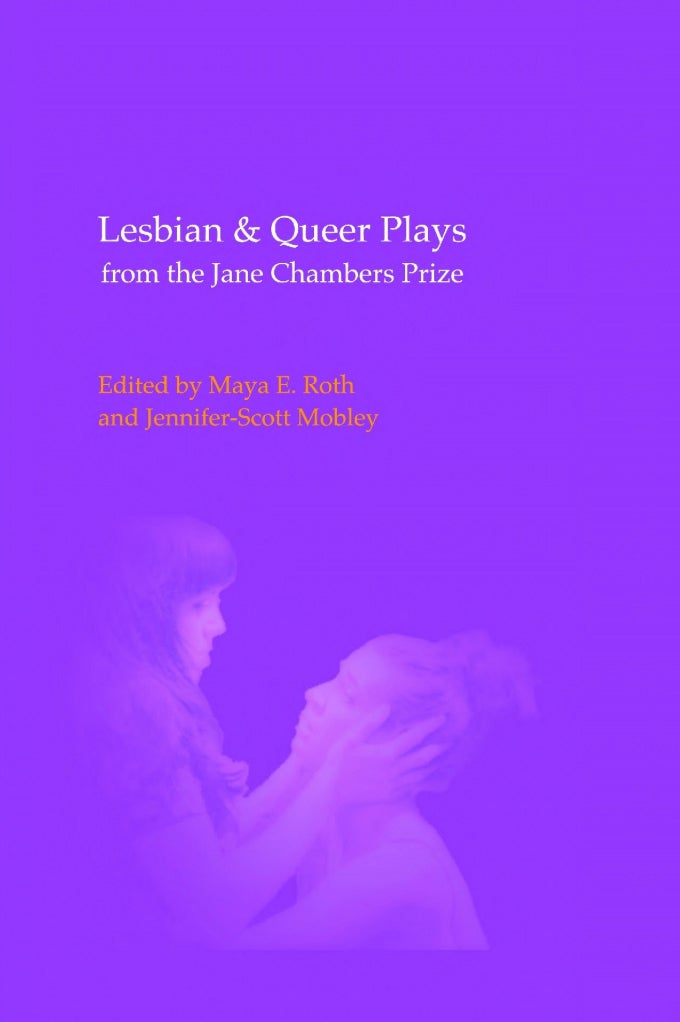
Lesbian & Queer Plays from the Jane Chambers Prize
Edited by Maya E. Roth and Jennifer-Scott Mobley
NoPassport Press (February 26, 2019)
Prof. Maya E. Roth co-edits this volume, the first of two, which gathers five plays from the history of the Jane Chambers Prize, an annual award which recognizes plays and scripts for performance written by a woman that present a feminist perspective and significant roles for female performers.
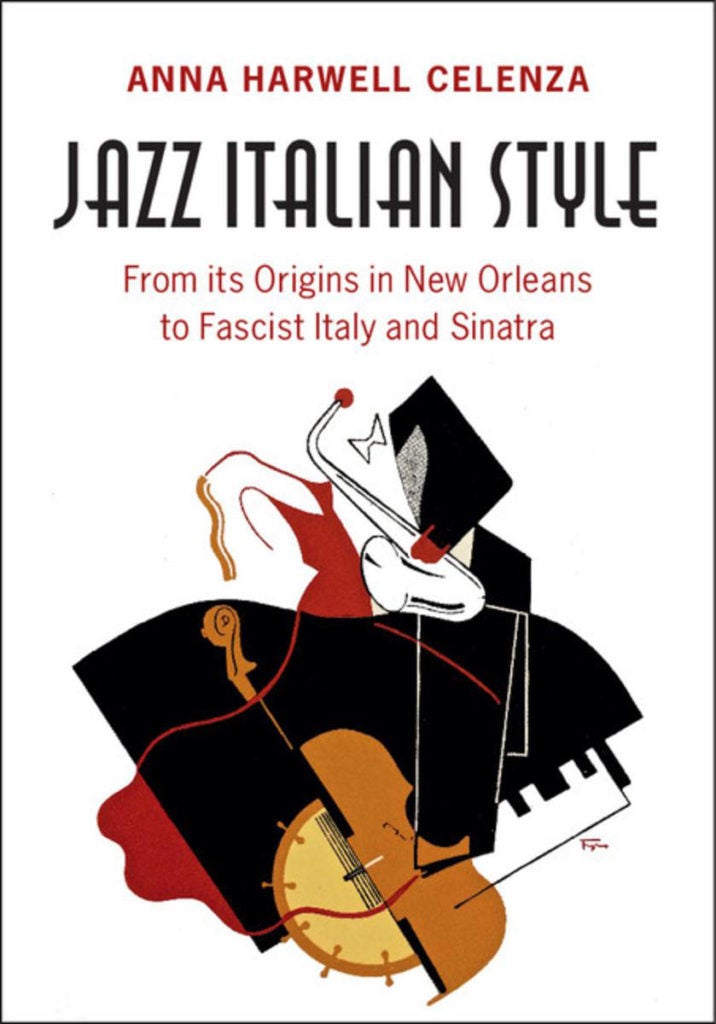
Jazz Italian Style
Cambridge University Press (February 15, 2017)
By examining politics, immigration patterns, economics and technology in explaining the largely forgotten Italian connection to jazz, Prof. Anna H. Celenza’s book will attract readers interested in music history, Italian-American culture, the Fascist era in Italy, music technology, and the evolution of popular music.
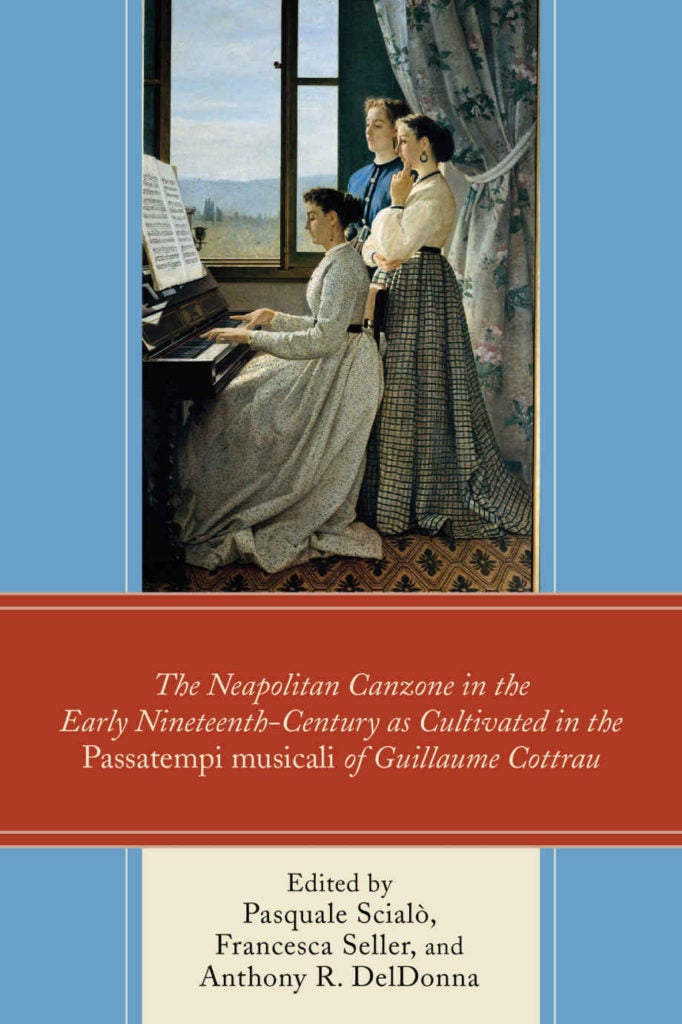
The Neapolitan Canzone in the Early Nineteenth Century as Cultivated in the Passatempi Musicali of Guillaume Cottrau
Lexington Books (December 17, 2015)
This volume of essays explores the Neapolitan tradition of song (or canzone), focusing on the life and work of nineteenth-century musician Guillaume Cottrau. Using original music manuscripts and secondary sources from Neopolitan archives, Prof. Anthony R. DelDonna surveys the Cottrau influence on the genre through his series titled Passatempi Musicali.
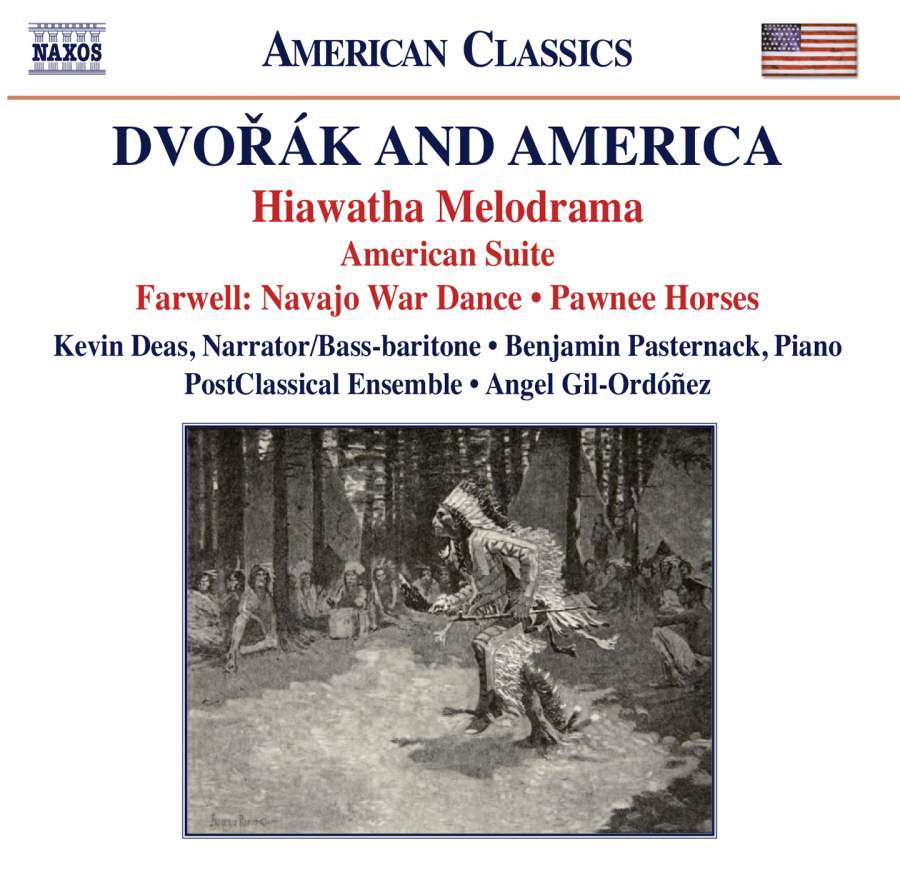
Dvořák & America
Naxos (June 3, 2014)
This recording by the PostClassical Ensemble, led by Prof. Angel Gil-Ordòñez celebrates the intersections of famed Czech composer Antonín Dvořák and American culture, featuring the first-ever recording of the Hiawatha Melodrama as its focal point. Dvořák said Henry Wadsworth Longfellow’s poem The Song of Hiawatha inspired his New World Symphony, and the Hiawatha Melodrama is a concert work designed to show the connections between the two.
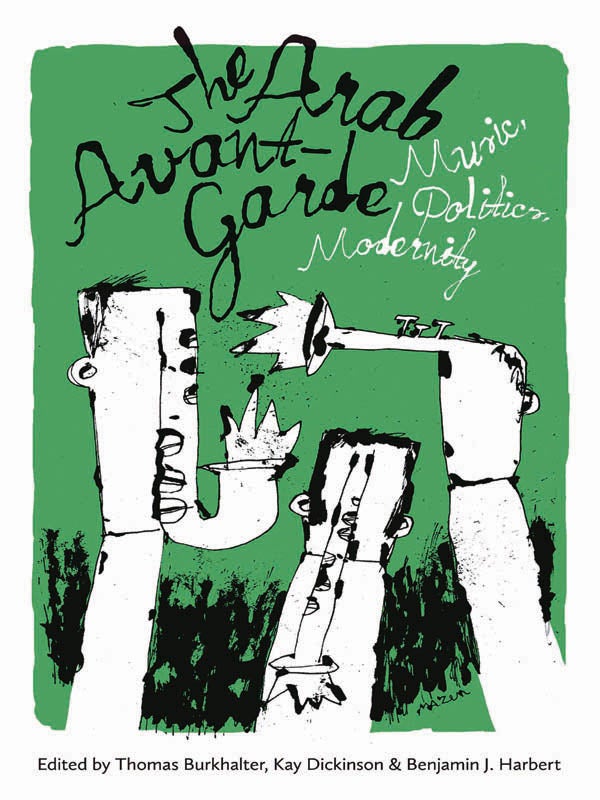
The Arab Avant-Garde: Music, Politics, Modernity
Wesleyan University Press (November 13, 2013)
Prof. Benjamin J. Harbert’s The Arab Avant-Garde: Music, Politics, Modernity is an essay collection surveying the vast diversity of modern Arab music, from jazz to heavy metal. “This is a must-read book,” A.S. Jawad writes about the collection in Choice. The essays confront colonialist modes of thinking about the Arab world and dismantle Western understanding of Arab music by presenting it in all its depth and experimentation.
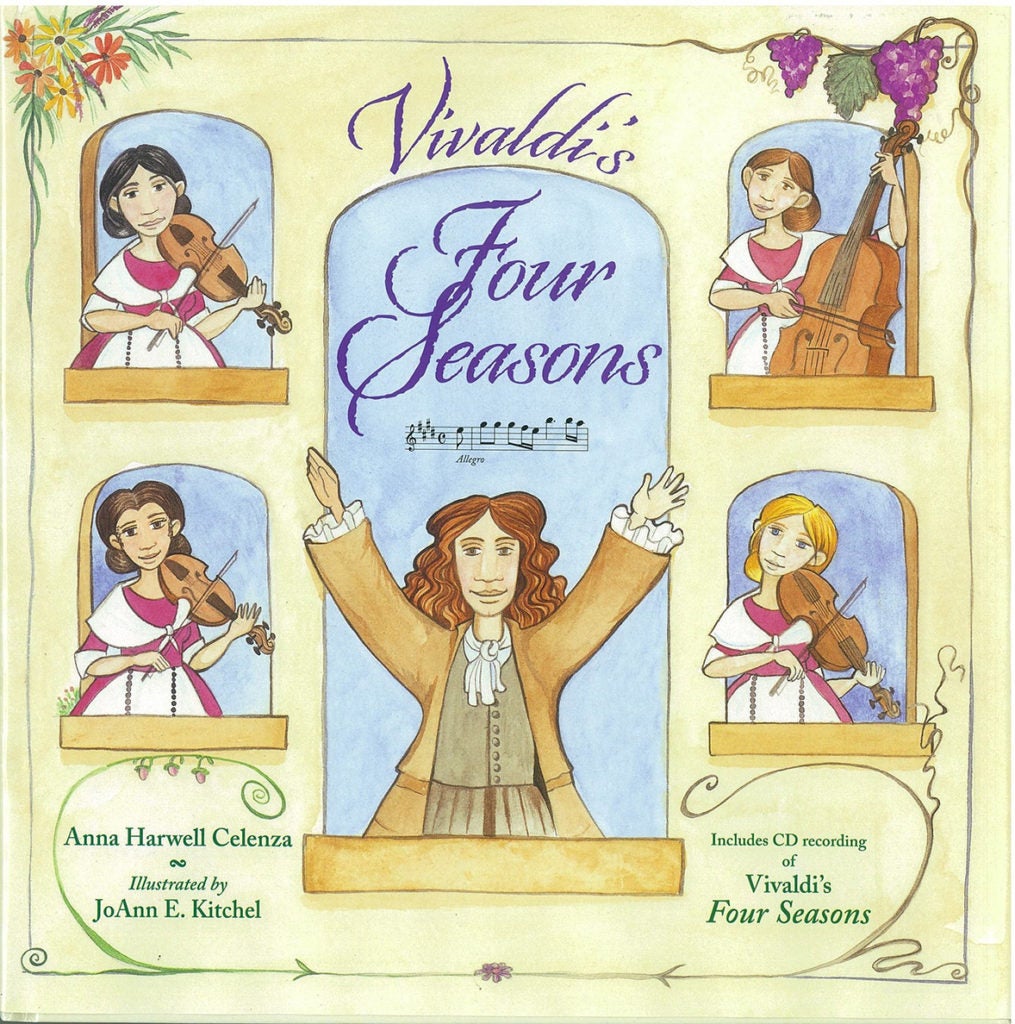
Vivaldi’s Four Seasons
Charlesbridge (July 1, 2012)
This children’s book weaves the tale of an eighteenth century Venetian orchestra composed of orphaned girls who are taught by Padre Antonio Vivaldi. The girls are determined musicians in the face of illness and physical disabilities, and Vivaldi is inspired by their talent. When the teacher and his students are separated, Vivaldi is inspired to write The Four Seasons, a baroque gem that explores the passage of time.

Films Media Group, [2013], ©2012
“It brings us up to date on the music of the people who are imprisoned in this country. We can no longer imagine it to be the work songs of 70 years ago…it’s a really groundbreaking film….a very important film.” —Anthony Seeger, Director Emeritus, Smithsonian Folkways Recordings
The old work songs have disappeared from southern prisons, yet a rich musical culture endures. Picking up where folklorist Alan Lomax left off, this documentary visits three Louisiana prisons to explore the role of music in the lives of incarcerated men and women. Filmmaker and ethnomusicologist Ben Harbert captures compelling gospel, rap, and R&B performances in a variety of settings, while his interviews with inmate-musicians—some newcomers, some long-timers, some set for release—provide a glimpse into the psychological aspects of an individual’s prison experience.
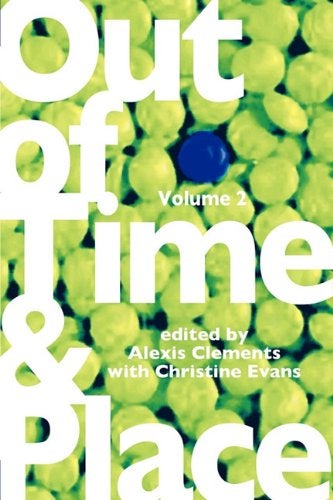
Out of Time & Place
Women’s Project and Productions Inc (August 19, 2010)
Co-edited by Prof. Christine Evans, Out of Place & Time, Vol. 2, is an anthology of plays by six members of the Women’s Project Lab. It’s a snapshot of some of the most ambitious work incubating in New York and a diverse compilation of plays for directors and actors seeking exciting contemporary work to explore. With a hilarious and biting intro by Theresa Rebeck that challenges the American theater to celebrate and produce its women playwrights, Vol. 2 showcases writers whose voices sing our world with wit, passion and daring.
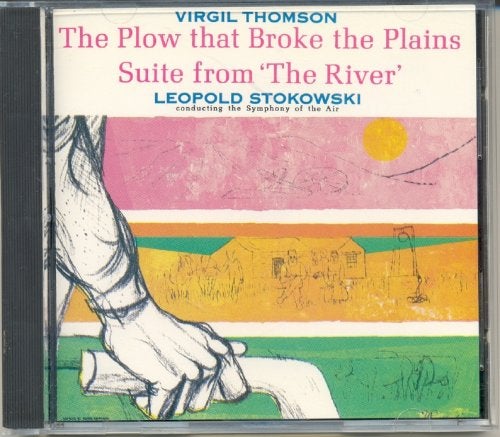
The Plow that Broke the Plains Suite from ‘The River’
Vanguard (January 27, 2009)
One of few recordings of Virgil Thomson’s scores for The Plow that Broke the Plains, Prof. Angel Gil-Ordóñez leads the PostClassical Ensemble in re-recording the score for the 1936 documentary film. Gil-Ordóñez is conscious of Thomson’s populist streak, and leads the ensemble in developing a swing in its rhythms.
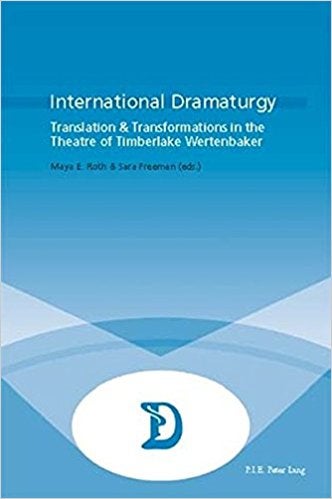
International Dramaturgy: Translation & Transformations in the Theatre of Timberlake Wertenbaker
Editions scientifiques internationals (May 16, 2008)
This collection explores the work of one of Britain’s famed dramatists: Timberlake Wertenbaker. The playwright was a noted polyglot, and contributed theater translations, adaptations and new plays. Prof. Maya Roth and Sara Freeman investigate Wertenbaker’s diverse translations spanning a wide range of languages, such as ancient Greek, and genres, such as fairytales. Wertenbaker’s work provides a key to understanding cross-historical dialogues.
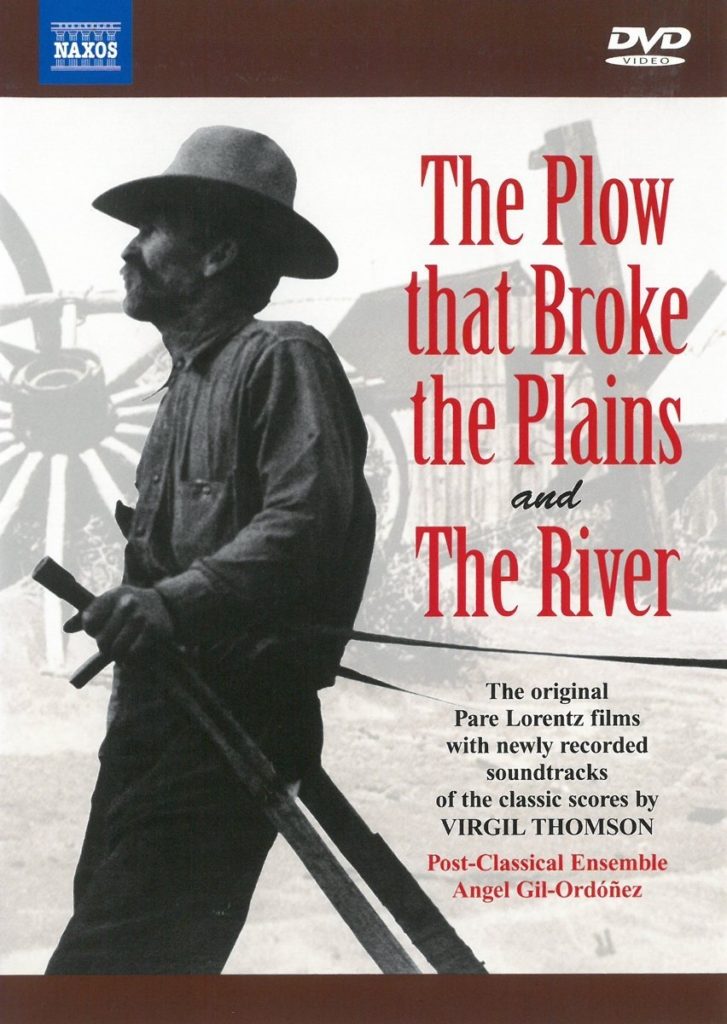
The Plow That Broke the Plains & The River
Naxos (October 30, 2007)
Virgil Thomson’s scores for both films are among the most famous ever composed for the movies. Aaron Copland praised the music for The Plow for its “frankness and openness of feeling,” calling it “fresher, more simple, and more personal” than the Hollywood norm. He called the music for The River “a lesson in how to treat Americana”.
This uses the re-recorded original soundtrack to the film, and includes some tracks which were omitted from the documentaries on their original transmission.
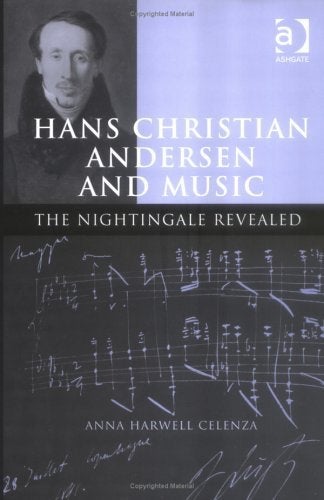
Hans Christian Andersen and Music
Ashgate Publishing Limited (January 1, 2005)
“This is a tautly written, readable and fascinating volume, casting new light on familiar figures from start to finish.”
– Classical Music
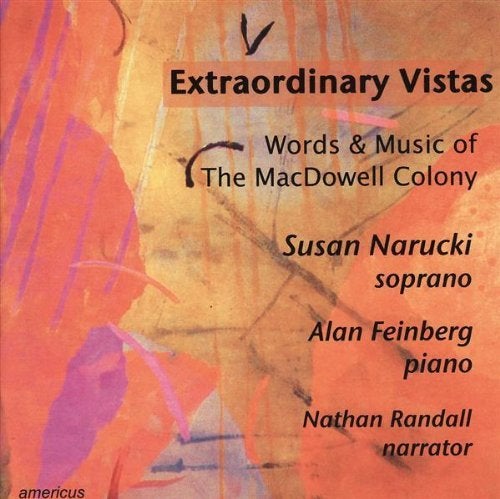
Extraordinary Vistas: Words & Music of the MacDowell Colony
Americus Records (September 6, 2003)
Grammy award-winning soprano, Susan Narucki, sings a selection of songs composed by artists who were in residence at the MacDowell Colony, founded by American composer & pianist Edward MacDowell in 1907. Alan Feinberg accompanies Narucki, and narrator Nathan Randall reads a number of poems.
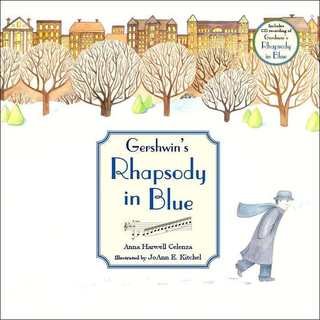
Gershwin’s Rhapsody in Blue
Charlesbridge Publishing (July 1, 2006)
It’s 1924, and with just a few weeks’ notice, George Gershwin has been asked to compose a new concerto that exemplifies American music. In his search for a new melody, Gershwin realizes that American music is much like its people — a great melting pot of sounds, rhythms, and harmonies. JoAnn Kitchel’s illustrations capture the 1920’s in all their art-deco majesty.
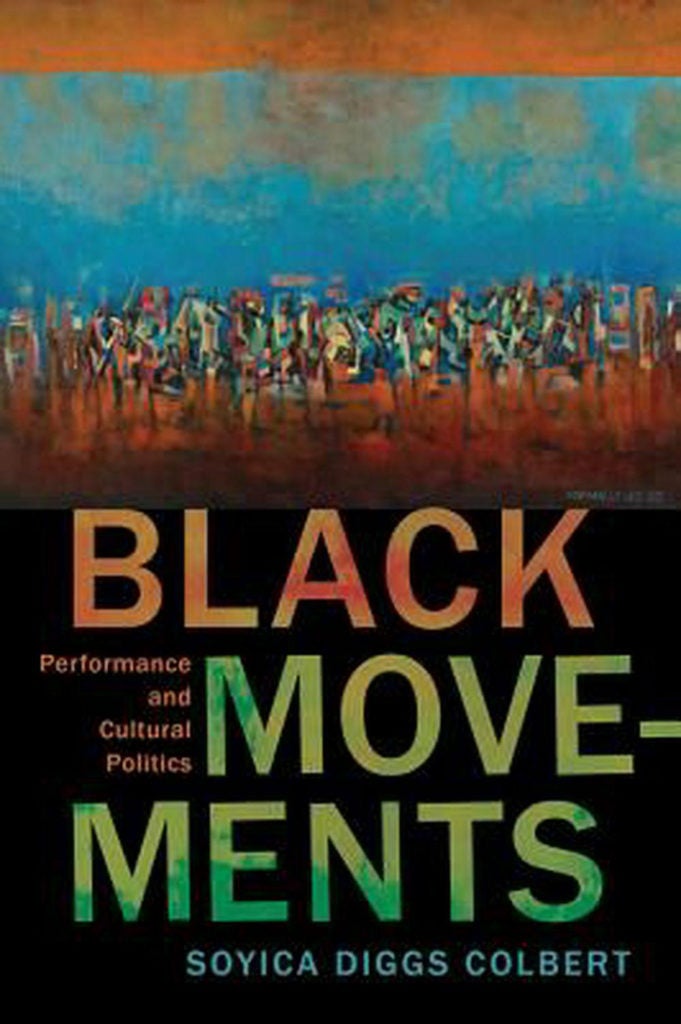
Black Movements: Performance and Cultural Politics
Rutgers University Press (April 28, 2017)
Through an exploration of the way that black movements create circuits connecting people across space and time, Black Movements offers important interventions into performance, literary, diaspora, and African American studies.
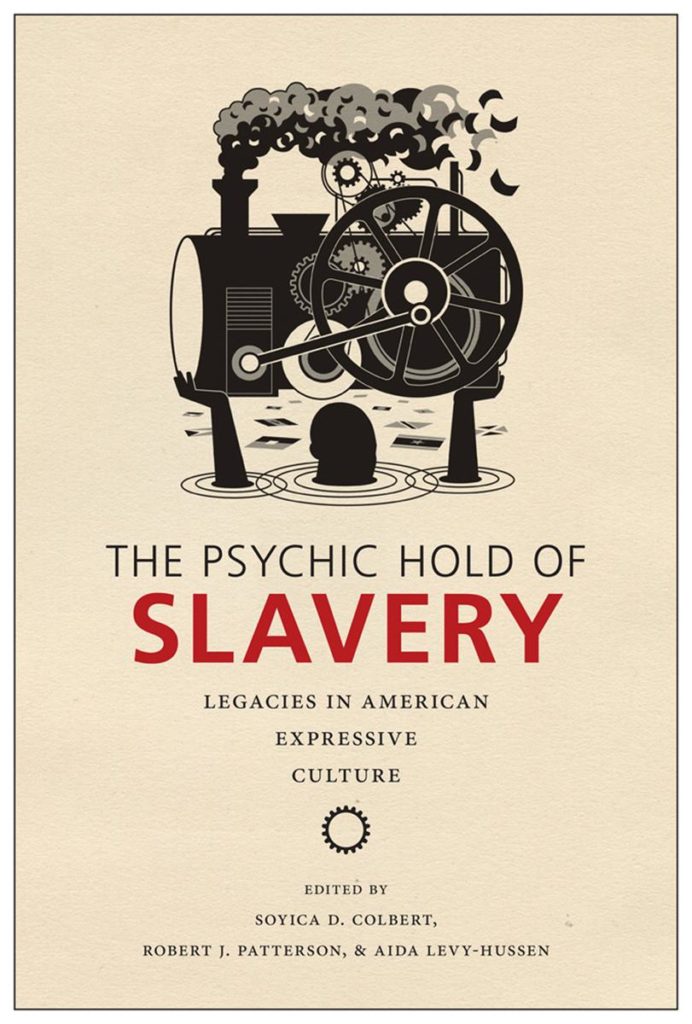
The Psychic Hold of Slavery
Edited by Soyica Diggs Colbert, Robert J. Patterson, and Aida Levy-Hussen
Rutgers University Press (July 20, 2016)
What would it mean to “get over slavery”? Is such a thing possible? Is it even desirable? Should we perceive the psychic hold of slavery as a set of mental manacles that hold us back from imagining a postracist America? Or could the psychic hold of slavery be understood as a tool, helping us get a grip on the systemic racial inequalities and restricted liberties that persist in the present day? Featuring original essays from an array of established and emerging scholars in the interdisciplinary field of African American studies, The Psychic Hold of Slavery offers a nuanced dialogue upon these questions through an exploration of film, drama, fiction, performance art, graphic novels, and philosophical discourse.
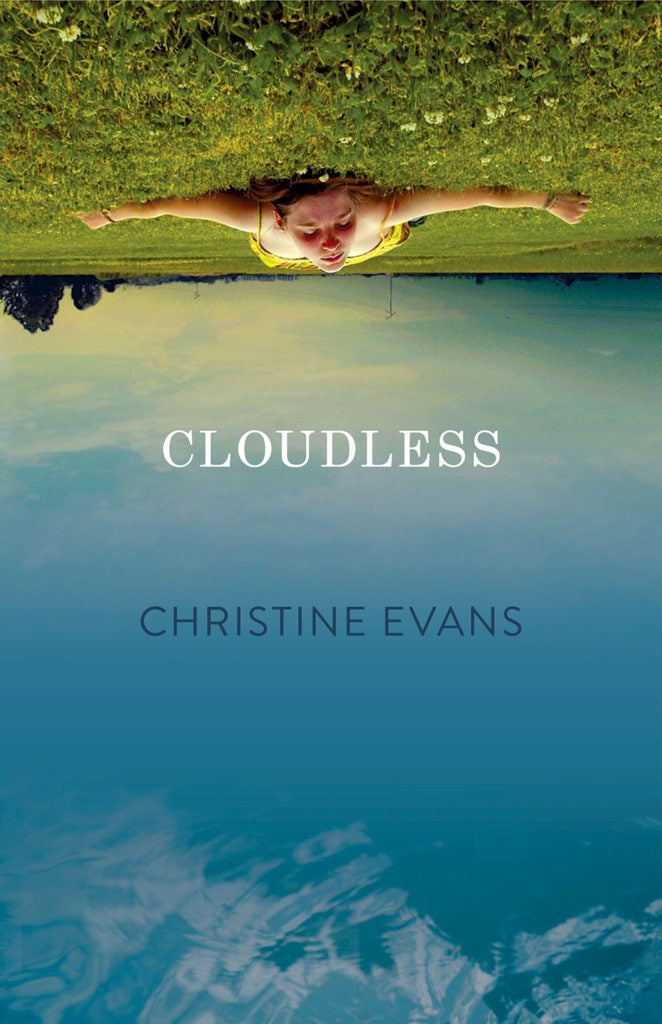
Cloudless
University of Western Australia Publishing (October 20, 2015)
Cloudless is a deeply beautiful and very powerful story of love and transcendence. The writing is both clear and simple, and deeply, richly poetic.”
– Magdalena Ball, The Compulsive Reader
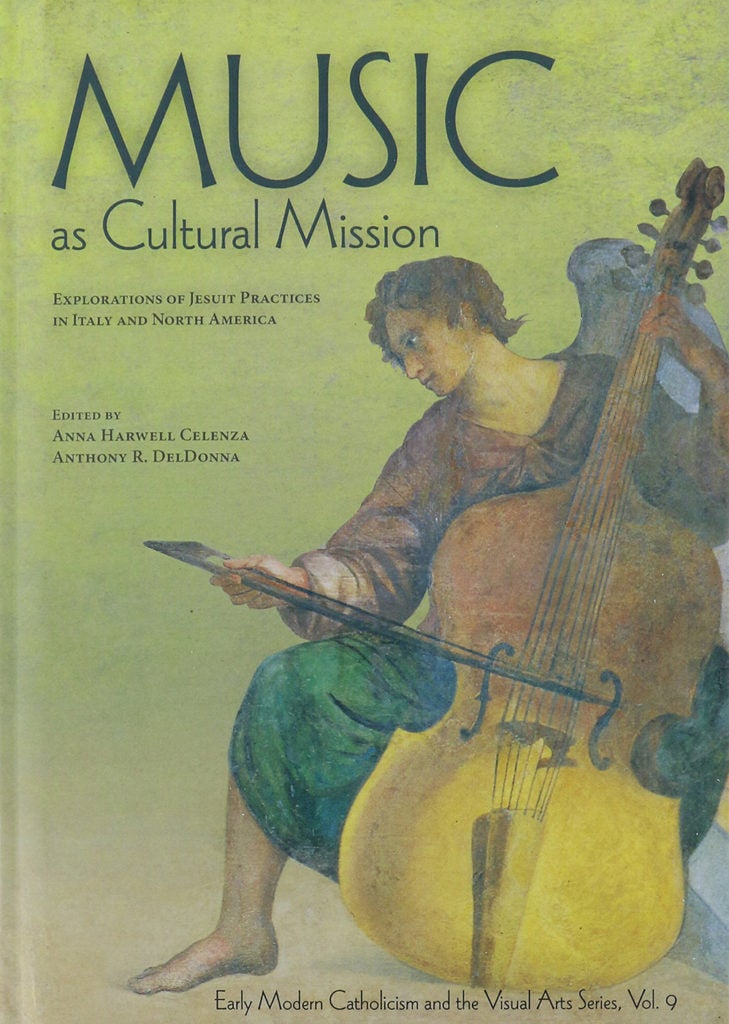
Music as Cultural Mission
Anna H. Celenza & Anthony R. DelDonna
Saint Joseph’s University Press (May 30, 2014)
Edited by two Georgetown University Music Program Professors, Music as Cultural Mission: Explorations of Jesuit Practices in Italy and North America elucidates how the performing arts have played a seminal role in the cultural mission of the Society of Jesus. Drawing on unpublished archival documents, music, and dramatic texts performed in Italy and North America over the last four centuries, the volume features the work of leading scholars in Italy and the United States and offers a broad view of the Jesuits’ influence on musical and theatrical practice.
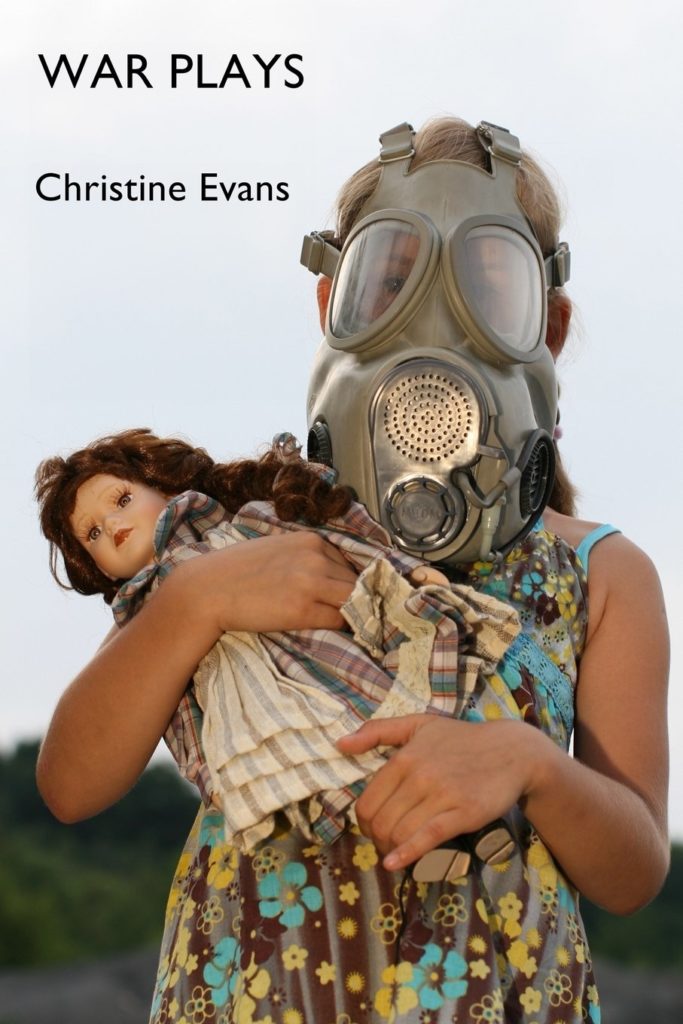
War Plays
NoPassport Press (May 30, 2013)
This publication collects three of Prof. Christine Evans’ impressive plays about war and its aftermath: Trojan Barbie, Mothergun, and Slow Falling Bird. Trojan Barbie’s regional premiere was performed at Georgetown University in April 2013.
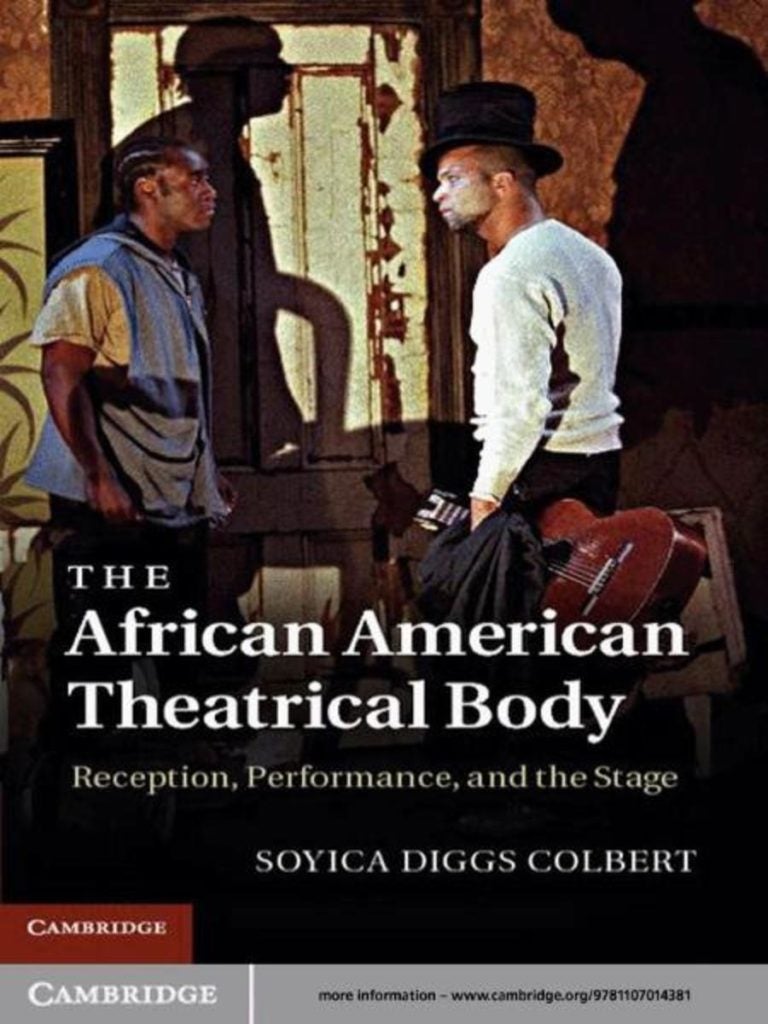
The African American Theatrical Body
Cambridge University Press (October 6, 2011)
Prof. Soyica Diggs Colbert, chair of the Department of Performing Arts, looks at the works of varied twentieth-century dramatists to examine how the African American experience is shown on the stage and its evolution over time. Diggs Colbert uses dance, preaching, blues, gospel, and theater to understand the history and reception of African American performance.
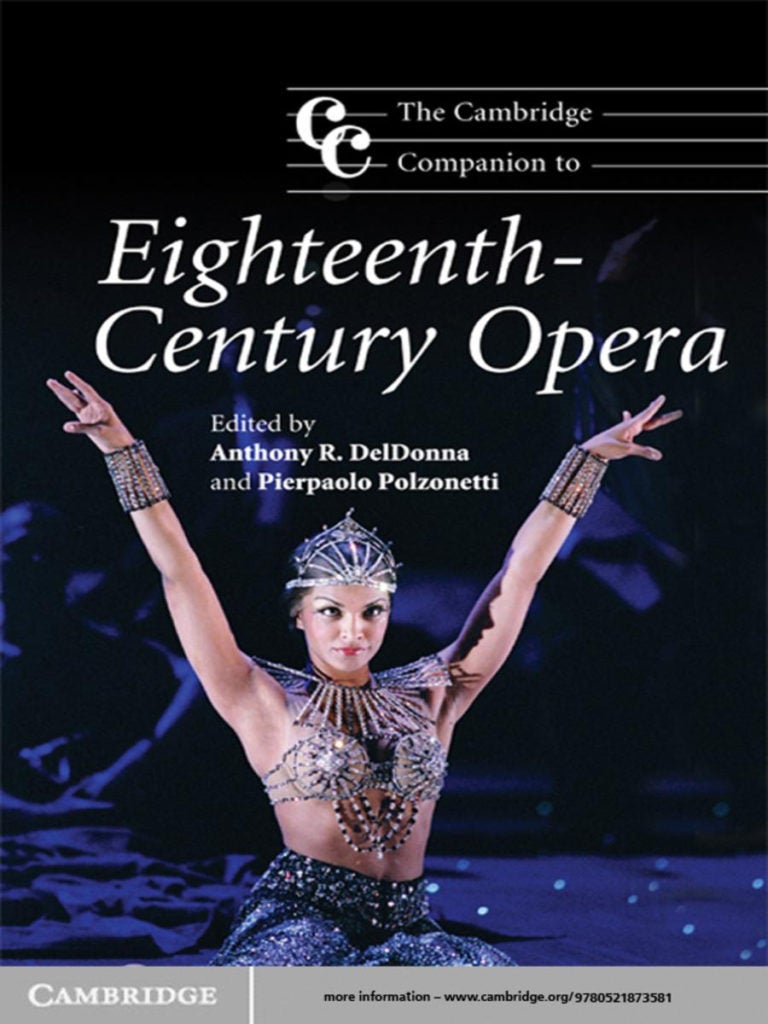
The Cambridge Companion to Eighteenth-Century Opera
United Kingdom University Press (June 25, 2009)
Reflecting a wide variety of approaches to eighteenth-century opera, this Companion by Prof. Anthony DelDonna brings together leading international experts in the field to provide a valuable reference source. Viewing opera as a complex and fascinating form of art and social ritual, rather than reducing it simply to music and text analysis, individual essays investigate aspects such as audiences, architecture of the theaters, marketing, acting style, and the politics and strategy of representing class and gender. The reader is encouraged to view opera as a cultural phenomenon that can reveal aspects of our culture, both past and present.
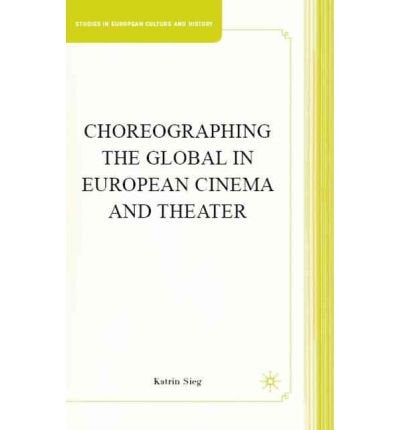
Choreographing the Global in European Cinema and Theater
Palgrave Macmillan (December 16, 2008)
This book by Associated faculty member Prof. Katrin Sieg explores European artists’ critical engagement with the images and stories that politicians and the media use to advocate globalization.
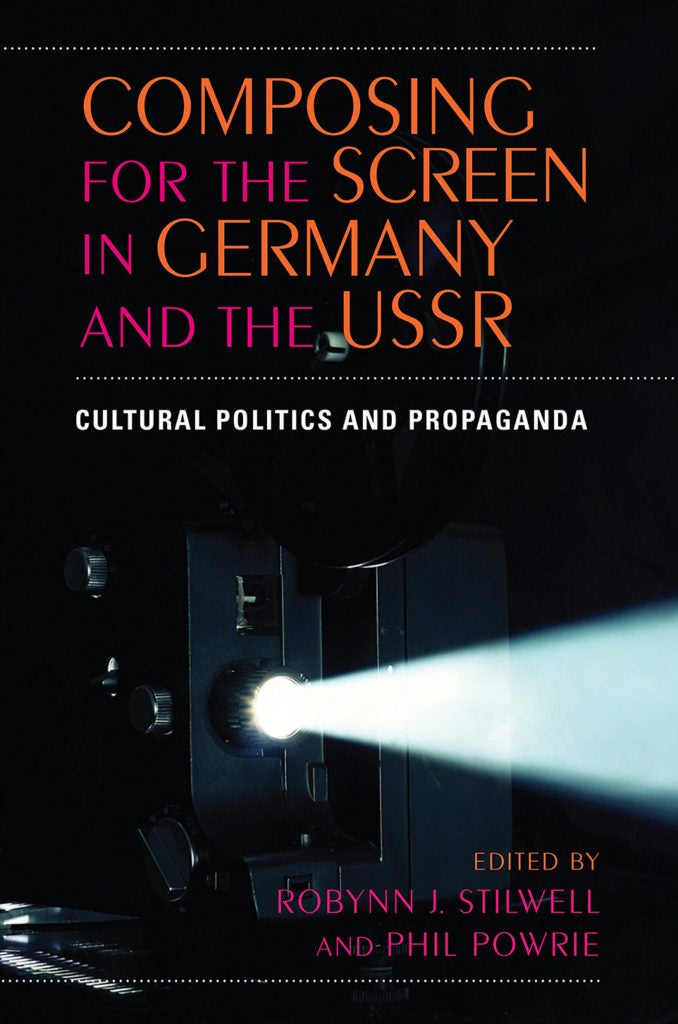
Composing for the Screen in Germany and the USSR: Cultural Politics and Propaganda
Indiana University Press (December 26, 2007)
“Sampling a wide range of cinematic time and space, Composing for the Screen in Germany and the USSR leave no doubt that we have yet much to discover about the complex relationship between film music and ‘cultural politics’ and that the expertise and point of view which musicologists and, particularly, film music scholars bring to the discourse is invaluable. 54.3 Fall 2010″(Slavic and East European Journal)
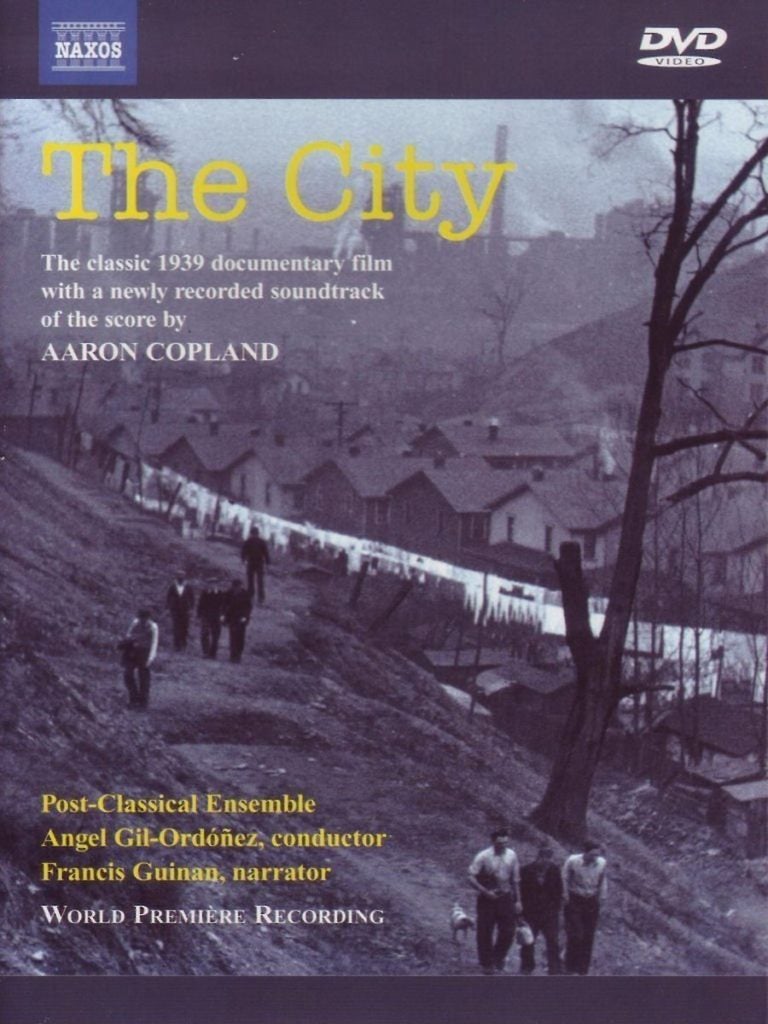
The City
Naxos (January 30, 2007)
“Angel Gil-Ordóñez and the PostClassical Ensemble give artistic and sonorous quality to this little-known score of Copland the the cinematographer, a wide-ranging score, an authentic masterpiece of the specialty, which is better to hear with the images for which it was composed.” – Santiago Martín Bermúdez, Scherzo
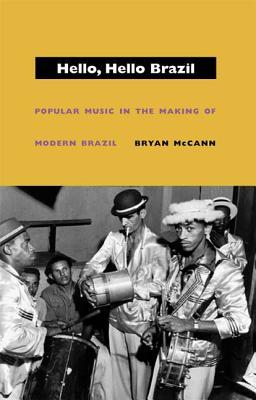
Hello, Hello Brazil: Popular Music in the Making of Modern Brazil
Duke University Press (May 4, 2004)
“Hello, hello Brazil” was the standard greeting Brazilian radio announcers of the 1930s used to welcome their audience into an expanding cultural marketplace. New genres likesamba and repackaged older ones like choro served as the currency in this marketplace, minted in the capital in Rio de Janeiro and circulated nationally by the burgeoning recording and broadcasting industries. Bryan McCann chronicles the flourishing of Brazilian popular music between the 1920s and the 1950s. Through analysis of the competing projects of composers, producers, bureaucrats, and fans, he shows that Brazilians alternately envisioned popular music as the foundation for a unified national culture and used it as a tool to probe racial and regional divisions.
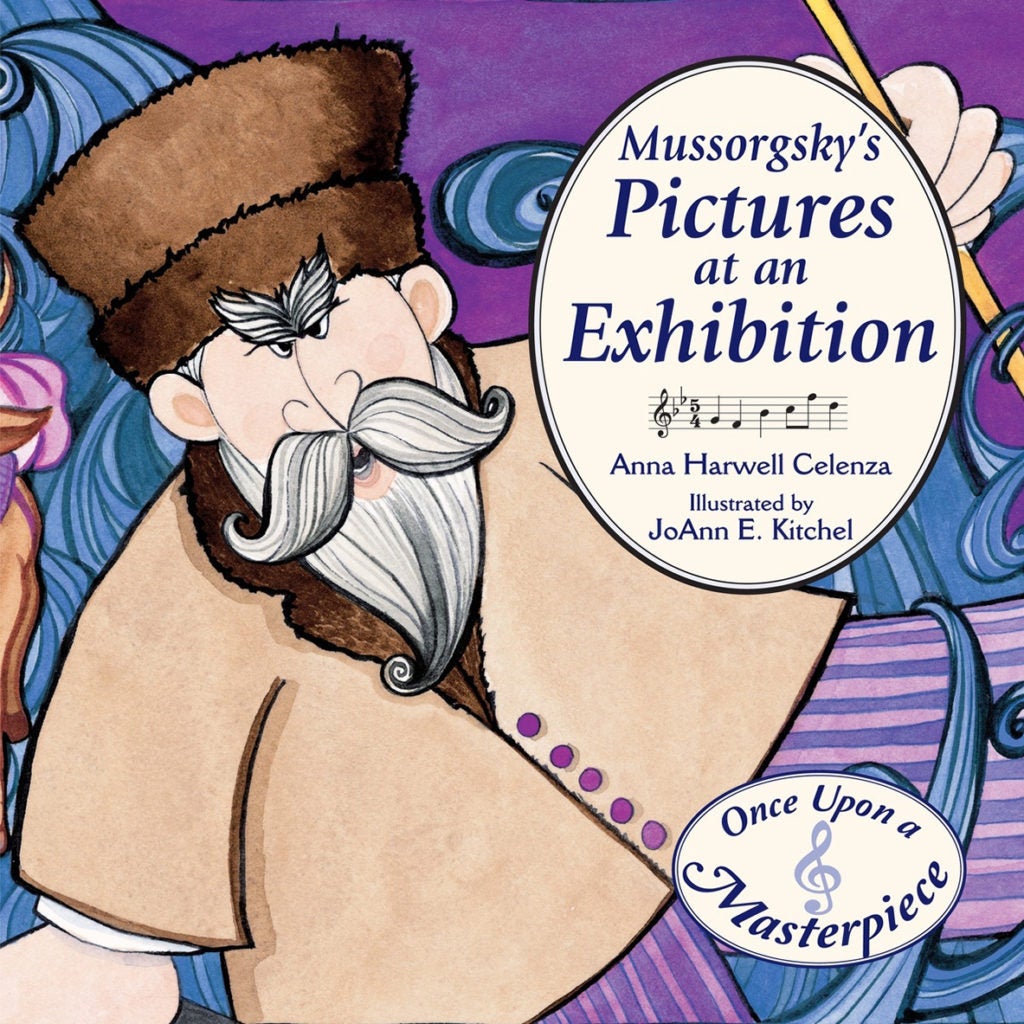
Mussorgsky’s Pictures at an Exhibition
Charlesbridge (February 1, 2003)
“[A] new gem for music lovers.”
— Booklist
Modest Mussorgsky is deeply saddened by the death of his friend, Victor Hartmann. In his grief, Modest turns his back on his dream of bringing the glories of the Russian people to the world through his music. His friends must find a way to help Modest deal with the loss of Victor and inspire him to compose again.
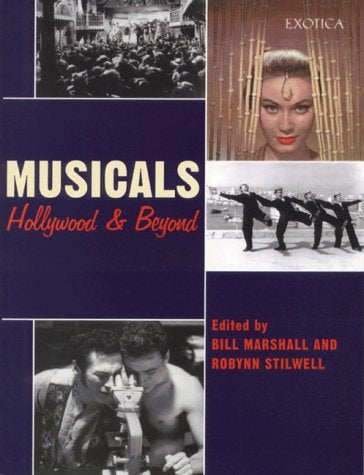
Musicals: Hollywood and Beyond
Intellect Books (January 1, 2000)
The profound influence of the Hollywood musical across geographical and cultural boundaries has long been neglected. Co-edited by Prof. Robynn Stillwell, this original collection of essays seeks to initiate a new critical debate by approaching classic Hollywood films from perspectives such as ‘musicology’. Broadening the scope of previous studies, this volume also examines the manner in which European cinema appropriated the musical to create new meanings. It provides an innovative reading of the influence of the musical on youth culture, and its endorsement in modern dance movies and the music video.
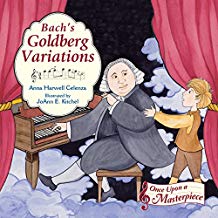
Bach’s Goldberg Variations
Charlesbridge Publishing (October 18, 2016)
Johann Gottlieb Goldberg is a young servant in the employ of Count Keyserlingk. A talented musician, the boy secretly practices playing the harpsichord at night. When the count discovers Goldberg one evening, he challenges Goldberg to combine all the harpsichord music he’s learned–and to throw in a riddle. In a panic, Goldberg turns to Johann Sebastian Bach for the perfect piece of music to appease the count.
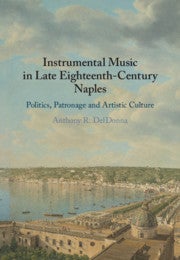
Instrumental Music in Late Eighteenth-Century Naples Politics, Patronage and Artistic Culture
Cambridge University Press (December 2020)
Although eighteenth-century Neapolitan opera is well documented in scholarship, historians have paid much less attention to the simultaneous cultivation of instrumental genres. Yet the culture of instrumental music grew steadily and by its end became an exclusive area of focus for the royal court, a remarkable departure from past norms of patronage. By bridging this gap, Anthony R. DelDonna brings together diverse fields, including historical musicology, music theory, Neapolitan and European history. His book investigates the wide-ranging role of instrumental genres within late eighteenth-century Neapolitan culture and introduces readers to new material, including recently discovered instrumental works of Paisiello, Cimarosa and Pleyel.